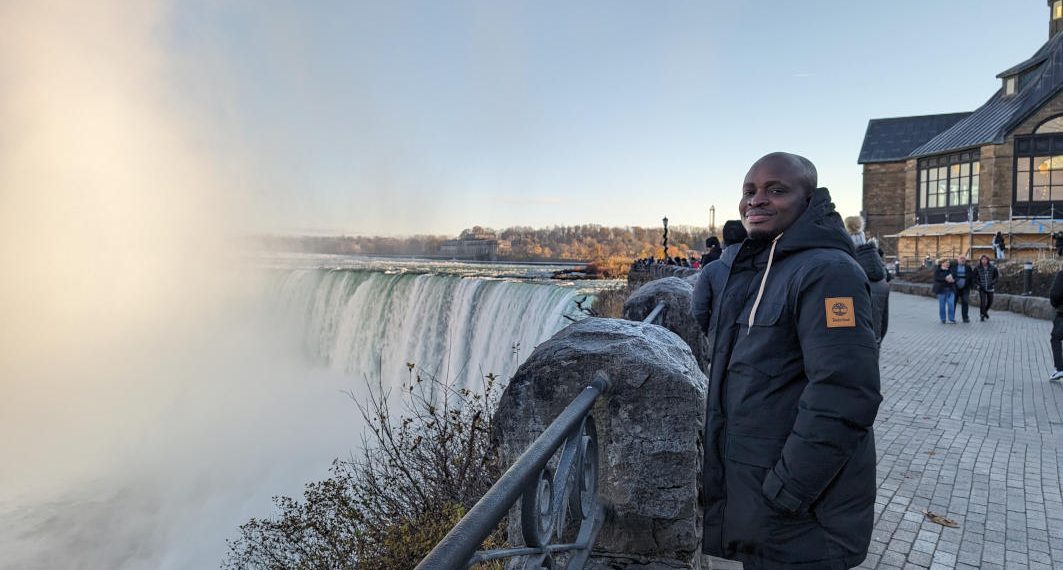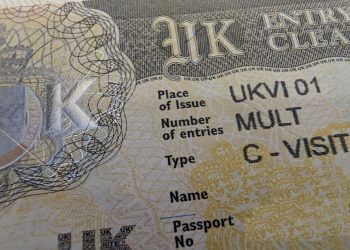Understanding the impact of social media on immigration processes
In today’s digital age, social media has become an integral part of our daily lives. It’s a platform for people to share their experiences, connect with others, and express their thoughts and opinions. However, the widespread use of social media has also raised concerns about privacy and security, especially when it comes to immigration processes.
The Immigration, Refugees and Citizenship Canada (IRCC) is responsible for facilitating the entry of immigrants and refugees into the country. As part of their screening process, many people wonder if the IRCC checks social media profiles of applicants. In this article, we’ll explore the role of social media in immigration processes and whether the IRCC does indeed check social media.
Role of social media in immigration
In recent years, the use of social media has become a common practice for immigration officials to gather information about applicants. Social media platforms provide a wealth of information that can be used to verify an individual’s identity, travel history, and lifestyle. Immigration authorities can use this information to assess an applicant’s admissibility into the country.
Does IRCC check social media?
While the IRCC has not officially confirmed whether they check social media profiles of applicants, it is widely believed that they do. In a statement to CBC News, a spokesperson for the IRCC mentioned that “the use of social media by visa officers is a standard practice in the industry to ensure program integrity and prevent fraud.”
It’s important to note that the IRCC may not actively monitor the social media accounts of every applicant. However, they may conduct targeted social media checks based on specific criteria or suspicion of misrepresentation.
Impact on applicants
The use of social media in immigration processes can have significant implications for applicants. It’s crucial for individuals applying for immigration or refugee status to be mindful of their social media presence. Any information shared on social media, including posts, photos, comments, and messages, could potentially be accessed and reviewed by immigration officials.
Applicants should be cautious about the content they share on social media and ensure that it aligns with their application and supporting documents. Inconsistencies between an applicant’s social media activity and their immigration application could raise red flags and lead to further scrutiny or denial of entry.
In conclusion, the use of social media in immigration processes has become increasingly prevalent, and it’s likely that the IRCC checks social media profiles of applicants. As such, individuals applying for immigration or refugee status should be mindful of their social media presence and ensure that it accurately reflects their application. It’s essential to exercise caution and discretion when sharing information on social media to avoid any potential implications on immigration processes.
Still have some travel questions? Ask in our Travel WhatsApp Group.








